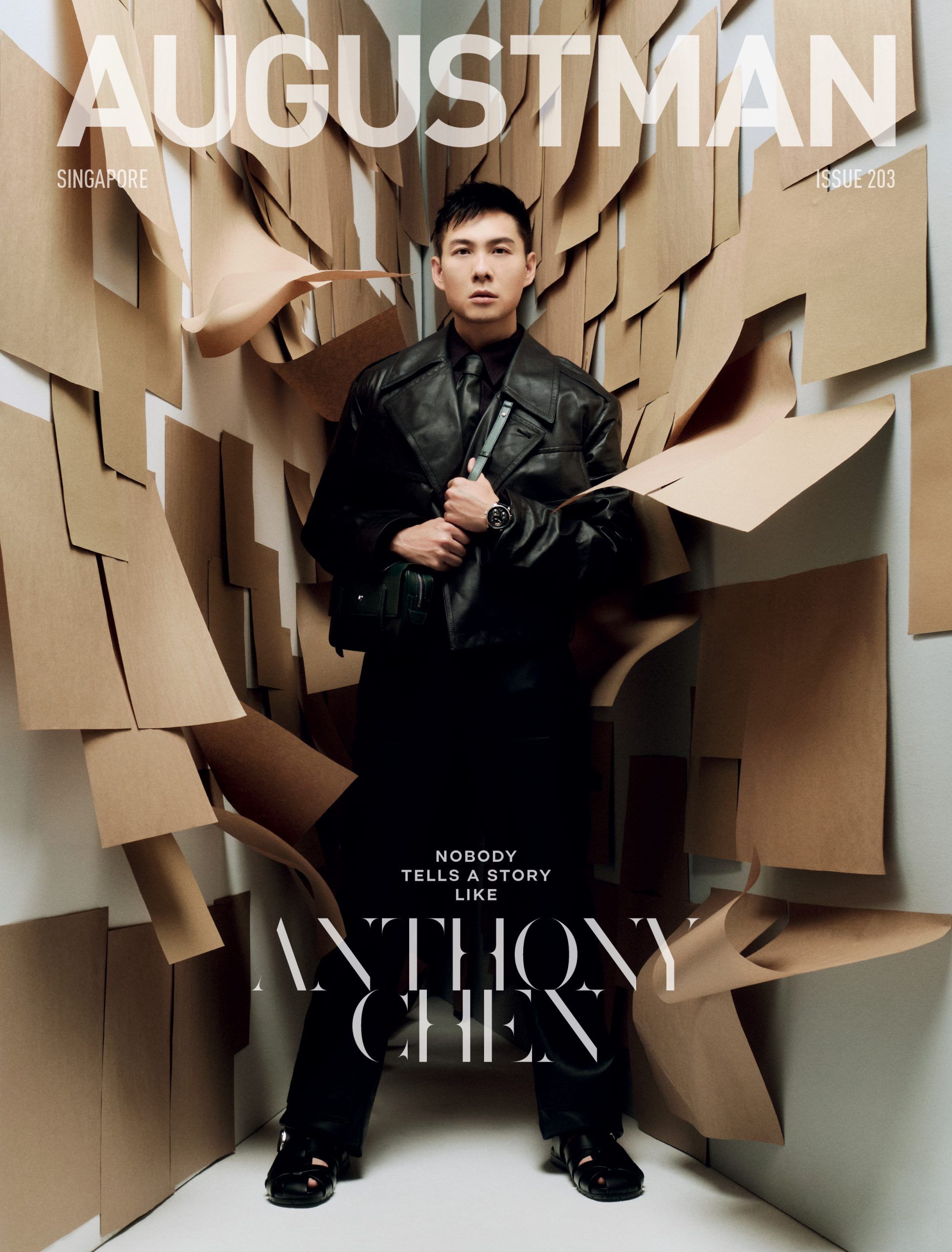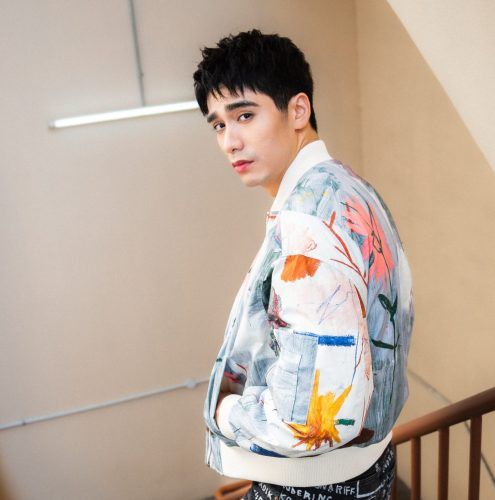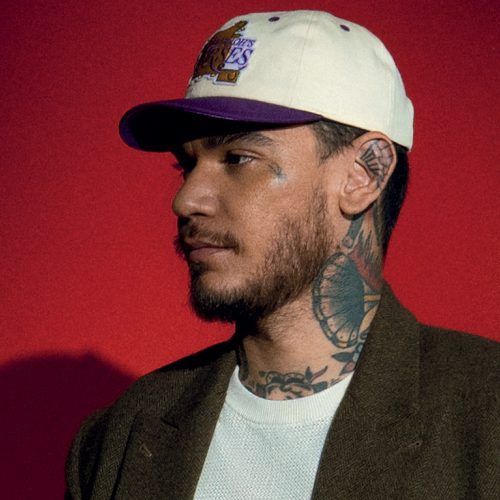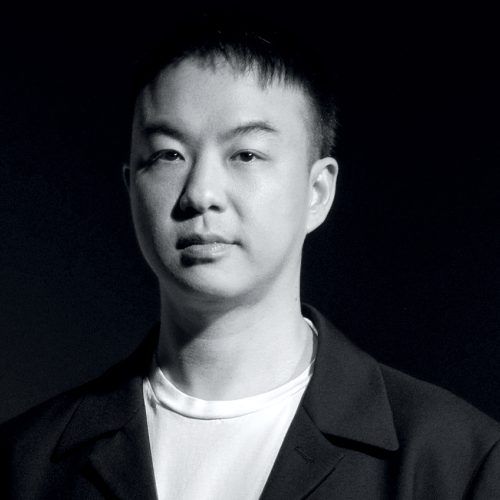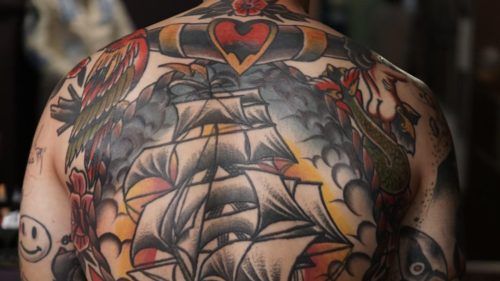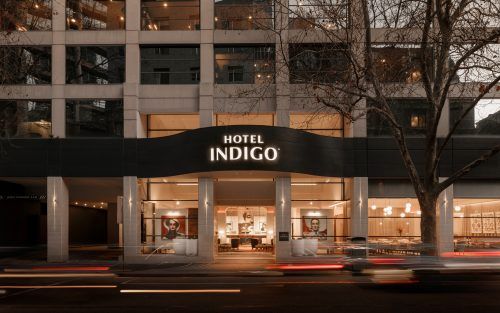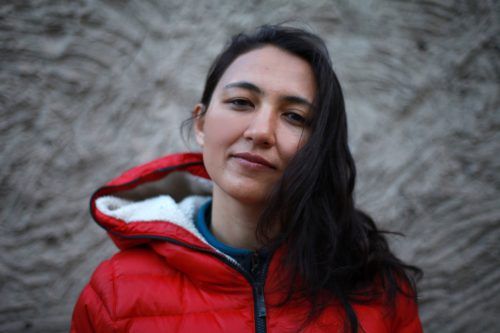You can always tell when you’re at a festival or event put together by Dr. Ong Keng Sen. My first one was at 2016’s Singapore International Festival of Arts (SIFA) when I watched a double feature from Swiss filmmaker Milo Rau. The first film of the evening was The Moscow Trials, which documents the ‘show’ trial Rau himself held in 2013 in protest of the imprisonment of punk activists Pussy Riot – down to the moment actual Russian authorities stormed the immersive theatre experience and stopped it. The second was Hate Radio, which chronicles the role of the broadcasting station Radio Télévision Libre des Mille Collines in generating racial hatred during Rwanda’s 1994 genocide.
The experience was, as you can tell, unabashedly political, but it was also a deep exploration of the human psyche, it was intellectually challenging, and most importantly, it invites audience reaction and participation.
Dr. Ong, who was Festival Director of SIFA from 2014 to 2017, curates these experiences by entrenching the human being – both artist and audience – in the art. It has been his hallmark – you can see it in the initiatives he has put together through his theatre arts company T:>Works. Through T:>Works, the 2003 Cultural Medallion recipient has put together Per°Form Open Academy of Arts and Activations (POA) as its Artistic Director.
POA is the live gathering of 15 Per°Form Fellows from the Global South—Africa, the Arab world, Asia, and South America. These fellows, include intersectional practitioners across diverse disciplines from activism to film to fashion such as Uzbek filmmaker Saodat Ismailova. True to form, POA’s theme for this year is ‘Decoloniality’. It can be argued that POA is an arts festival, but it is also so much more than that. To get a sense of just what exactly Dr. Ong Keng Sen was trying to achieve with the initiative, we turned to the best person for those answers – Dr. Ong Keng Sen himself.
AM: What was the impetus to start Per°Form?
Dr. Ong Keng Sen: After the pandemic, I think we’re all quite aware that the world has changed. And now we’re in a crisis, with the invasion of Ukraine, the invasion of Gaza, the situation between Iran and Israel. I think there’s a real sense that the world is really kind of spinning headlong into something we cannot control.
And it made us realise that maybe the way we lived our lives in the past was very wasteful, we were very self-absorbed. This programme was started to foster a kind of a sense of social awareness and social responsibility and how we perform those social responsibilities. A lot of the programmes are about social justice, and invite us to look at the performances not in terms of theatre or in art, but more through the lens of social perspectives.

How do you curate the list of artists participating in POA?
During the pandemic, a lot of us were online. I did a 25-hour festival for the 25th anniversary of the Prince Claus Fund, a royal foundation in the Netherlands. They have a programme which looks at cultural innovators and changemakers. It was something I was very interested in, to have a sense of inviting individuals that came from that line of work.
I met a lot of them online because I made this festival digital. So, for example, I worked with Diamantina Arcoiris, a fashion designer from Bogota who works with the homeless, sex workers and drug addicts, and collaborates with them on embroidery projects. So they made a fashion show in Bogota, and then livestreamed it to Amsterdam, then to the world.
A lot of them came from this work that I did in Europe. They do a lot of these kinds of performative conferences of care. I feel like we could be the change in the world, those of us who are involved in arts, creative platforms and in the media. We become the guardians and stewards to a different era, including how we care and repair a world which has so far been quite damaged.
There’s a strong political element to POA. Is that accidental or by design?
I think it’s always been the case because I’m trained in law. We did a piece called Fear of Writing, written by Tan Tarn How, about a playwright’s struggles in Singapore because they are so heavily censored. At that time, there was a new Films Act and laws that state that public assembly could be one person – this was 12 or 13 years ago – and you’ll realise that all the laws that govern public spaces in Singapore are very extreme. With my legal training, I was able to read more accessibly than most people, how these acts can impact our daily lives.
Have you ever had run-ins with the law?
I’m not one for demonstrations, because I feel that a lot of this kind of work needs to be negotiated in a much more sensitive context. I don’t really believe in going to Speakers’ Corner with signs. I feel like maybe because of my work that I feel that I can make change. I’m not voiceless. I have the voice of theatre, I have the voice of the media if I really need to do or say something. I think that it’s important that we see our roles clearly. We can support these movements, and the people who have a voice and who can support this other thing happening, but we don’t we don’t necessarily need to participate in that way. Our best way to support these movements is to speak publicly using the machinery that we have access to.
You’ve championed art for social change, but we’ve seen in many places around the world where movements for social causes get violently disrupted.
I felt that a lot, actually, during the Woman, Life, Freedom movement in Iran. I had friends there who were protesting with the movement. They felt that international media and the international support system for the movement were pushing the scene on the streets to a place where the Iranian women who were really doing all the work were beginning to feel unsafe.

The people on the ground, doing the work, were getting arrested because of the exposure that social media and international news media brought.
Yes exactly. People in the international community read about this in social media but they get themselves into the narrative in a way that doesn’t really support the local scene. There’s more voice, and there’s more commotion, but it becomes more dangerous for those actually pushing for social change in Iran. My friends in Iran were saying that we in the international community have to be very careful. They said, “Please don’t over-support us or please be very sensitive when you are supporting us. It could be more dangerous for us.” There is a saying: things happen slowly because it happens at the speed of trust. Things can’t happen overnight.
For more information on Per°Form Open Academy of Arts and Activations, visit www.performfellowship.org



